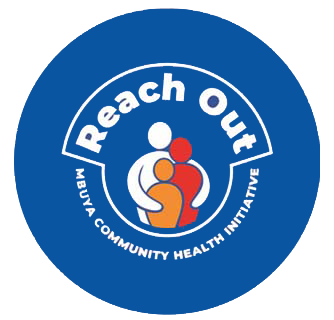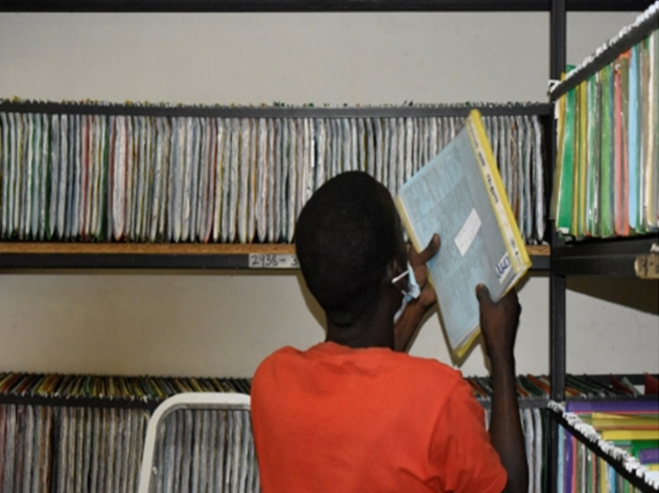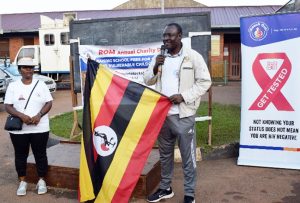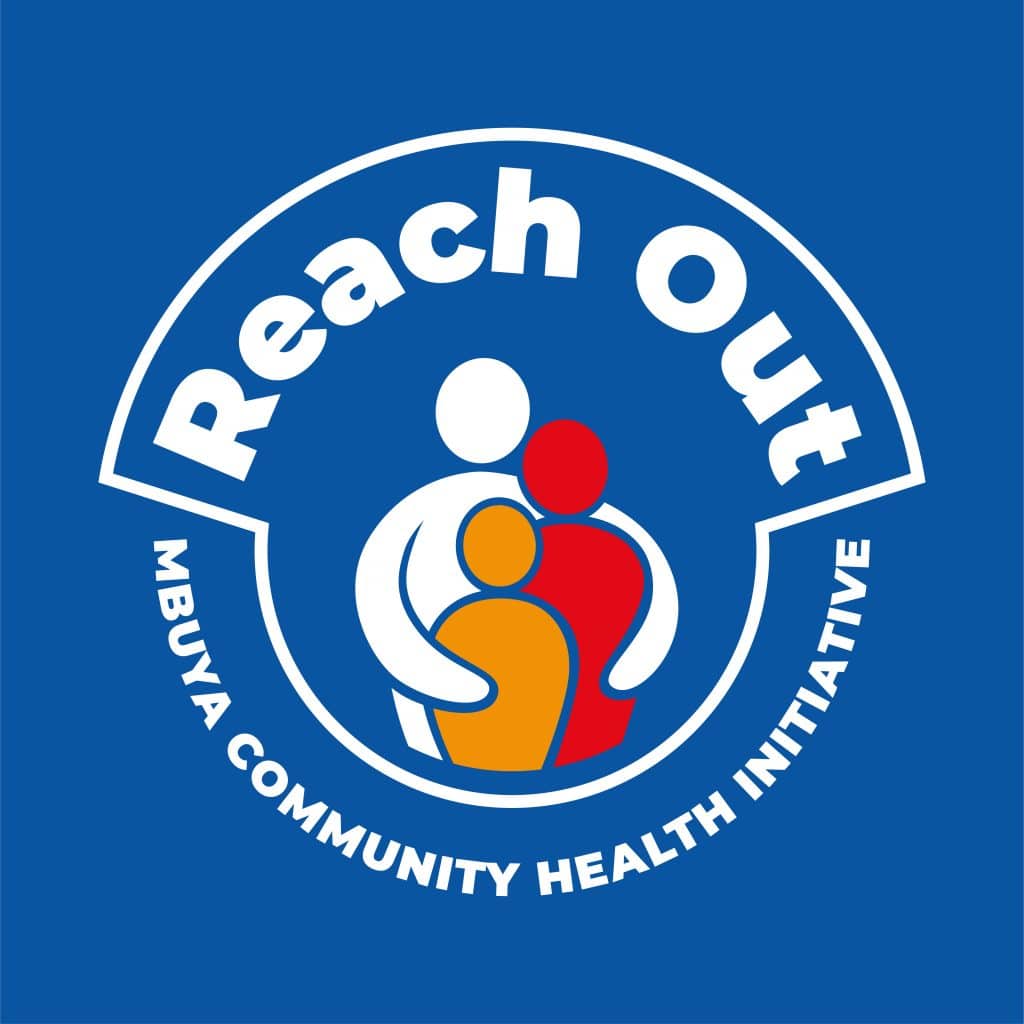Richard (not his real name) is a 27-year-old HIV-positive male living in one of Kampala’s suburbs. Before moving to Kampala, Richard and his family lived in a small village in South Western Uganda. Richard is the last born in a family of seven children. His happiness ended when his parents fell gravely ill and passed on when he was just 3 years old. Luckily, Richard’s uncles and aunties, though financially constrained, tried to take care of him and his siblings.
When Richard was in primary three, he started falling sick, losing weight and becoming weaker every other day. His uncle took him to the hospital where he tested HIV positive. At this time, Richard learned that he was born with HIV but had unknowingly lived with the virus! Similar tests were done for all Richard’s siblings who luckily tested HIV negative. He was enrolled in care in January 2006 at a clinic in Wakiso district. Richards’s health improved on treatment as he grew up and he appreciated the fact that his life and health depended on taking his medication daily. However, while in Kampala, Richard’s hard life as a youth and his highly mobile lifestyle made it so difficult to adhere to treatment. Thus, he used to get severe opportunistic infections (OIs) frequently and even dropped out of school in senior four.
Luckily, one day Richard’s uncle met a Reach Out Mbuya Community Health Initiative (ROM) staff and he requested that Richard be transferred into ROM HIV care and treatment services. This was achieved on 18th July 2016. Richard was assigned a Community ART and TB Treatment Supporter (CATT)—a trained ROM community linkage personnel responsible for raising HIV awareness in their communities. The overall goal is to improve client adherence to treatment, and retention and reduce loss to follow-up. The CATT regularly went to Richard’s house to check on his well-being and remind him to take medication.
Unfortunately, over time, the health workers noticed that Richard’s health was not improving although he received his ART refills regularly. He refused to adhere to the clinician’s advice and threw away the ARV tablets. His uncle reported an extensive history of Richard’s social isolation and aimless wandering with bad peer groups.
However, one afternoon in August 2022, Richard’s luck returned again. A staff sited Richard at the clinic when he had come to request for nutritional support. He was very sick, looked unkempt, and very weak. He had symptoms of HIV wasting syndrome, his skin was dry, itchy, and scaly. Richard weighed only 45 kg and had a dangerously high viral load of 1,610,000 copies/l. The counselors offered psychosocial support and talked to him about positive living and adherence. Richard is one of the many clients who were lost to follow up then found and linked back into care.
“I had lost hope and wished I could die and follow my parents. I was taught during counseling that adhering to treatment is necessary to reduce transmission and stay healthy.” Richard recalls.
It was at this time that ROM identified competencies in Richard such as self-confidence to serve as a volunteer within the clinic which he accepted. Today, Richard is volunteering at the ROM clinic five days a week. He is a changed man; socially active and has refocused his life.
The clinicians have reported that his most recent viral load result of 2050 copies/l is showing good adherence. This, along with nutritional support from ROM, has allowed him to live happily and healthily. Richard has been able to gain weight from 45 kg to 54 kg and he is deeply appreciative of the opportunity ROM has given him.
“Ever since I joined the ROM clinic as a volunteer, I have changed my behavior. I used to move with bad peer groups and was not taking my drugs. However, with the counselling I get from the clinic, I have stopped moving with the bad groups. I just pray that the ROM clinic continues providing us with these services so that other patients like me can benefit from it as I do.” Richard narrated.
The smiling Richard attributes his new life to ROM and is full of praises for the ROM services. He is also very thankful to the health workers who have been helpful and supportive. He wonders how he would have passed through this situation without the support he received from ROM. Richard thinks every patient with HIV should adhere to treatment.
“I am now okay and a testimony for all people. I thank the doctors of ROM for saving my life” He explains;
Richard is among the People Living with HIV who give testimonies at the ROM clinic on the benefits of adhering to treatment. He regretted his actions and is now a champion of adherence to treatment. His appreciation for ROM is unstoppable. He gives a deep sigh to tell how he feels about the organization he now calls home as he narrates;
“I was almost dead; I had no hope left. Look at me now! I am healthy and I can live. I am very grateful to ROM as an organization and the staff”.
The ROM program, in collaboration with the Infectious Diseases Institute (IDI) and Ministry of Health (MoH), promotes adherence to ART treatment to help reduce the transmission of HIV, which means fewer new cases of HIV. With such interventions, there is no doubt that new diagnoses of HIV will be prevented and People Living with HIV will have easy access to medical services.




